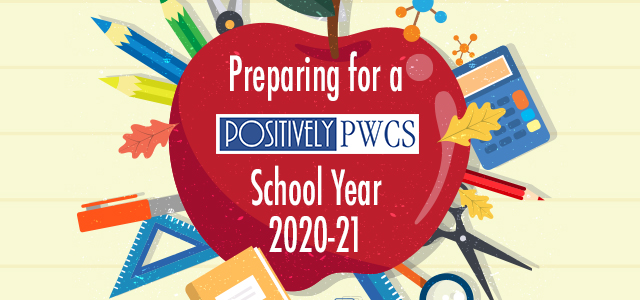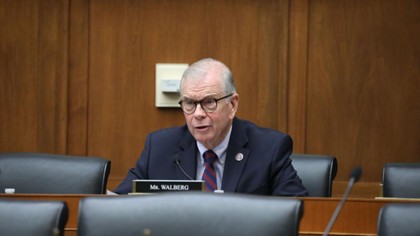PWCS Pre-K and K Students are Now in Person
On October 21st, Dr. Steven L. Walts, Superintendent of Prince William County Public Schools (PWCS), began a school board meeting with “Good evening. I appreciate the opportunity to share our Return to School Buildings plan.”
The next day on October 22nd, PWCS updated their 2020-2021 School Year Information on their website. Stating “PWCS is implementing a phased-in approach for students to return to the buildings for learning under a 50 percent hybrid model.”
Tuesday, November 10th marked the return of Pre-K and Kindergarten students to school buildings, along with their teachers’.
Coles District School Board Chair and Fairfax County Public School elementary teacher, Lisa Zargarpur, said “PWCS has had to contemplate not just health metrics, but logistical issues in returning students back to in person learning. There are considerable challenges in making sure we can provide transportation, staff the positions we need for in person learning, and continue to follow the safety mitigations under the current situation with COVID cases in our community at large.”
Adding, “PWCS has been following the VDOE recommendations for moving students back to in person learning. We opened the school year with special education classes and some ELLs. And this week we added kindergarten. All schools are prepared with safety protocols which include making sure we can provide staff and students with face coverings, maintaining distances classrooms and common spaces, providing staff and students with the ability to maintain hand hygiene (either through hand washing or use of hand sanitizer), and there is frequent cleaning of high touch surfaces as well as deep cleaning after school. We also have health protocols in place and nurses in every building.”
Highlighting that “Dr. Walts’ approach is measured to ensure there is also time to upgrade the bandwidth of our buildings, teachers have the equipment and training they need for the concurrent instructional model, and that we can continue to follow the CDC mitigations in our buildings. I recognize that it means our older students are waiting longer to return to in person learning which is frustrating for some families.”
Prince William Education Association President, Maggie Hansford said, “PWEA continues work to ensure a safe and successful school year as we enter the second quarter. As preschool and kindergarten return and COVID cases rise in PWC, we ask the division to increase transparency and communication regarding consistent safety policies at every school. Staff are working around the clock for all students—in-person, hybrid, and virtual. That’s why PWEA will continue to fervently advocate for healthcare, pay, and workload equity for our dedicated educators and staff.”
PWCS 6th grade math teacher Oveta Scott is “a little disappointed in it [return to school] because as we can see right now in the county the rate of infections for COVID have increased. According to statistical data right now we [PWC] are number one in the state as far as cases.”
“They [Pre-K and K teachers] were returning under the hybrid model which includes dual instruction or as they [PWC School Board Members] want to call it ‘concurrent teaching’ where they will have both virtual and in-person students, said Scott.”
She learned from fellow teachers in professional groups that “Those teachers [returning to school] received the camera and the equipment [for concurrent teaching] on that Monday [November 9th]” Causing Scott to ask “How in one day could they be ready to be teaching on Tuesday November 10th?”
Overall Scott is “very much against it [returning to school] until the rate of infection goes down.”
She feels “there are school board members that don’t understand the job that we as teachers go through and how they think it’s just so easy to in their words ‘return to learning’ and ‘return to work’ when you are dealing with a disease that prevents socialization and your job is to socialize.”



